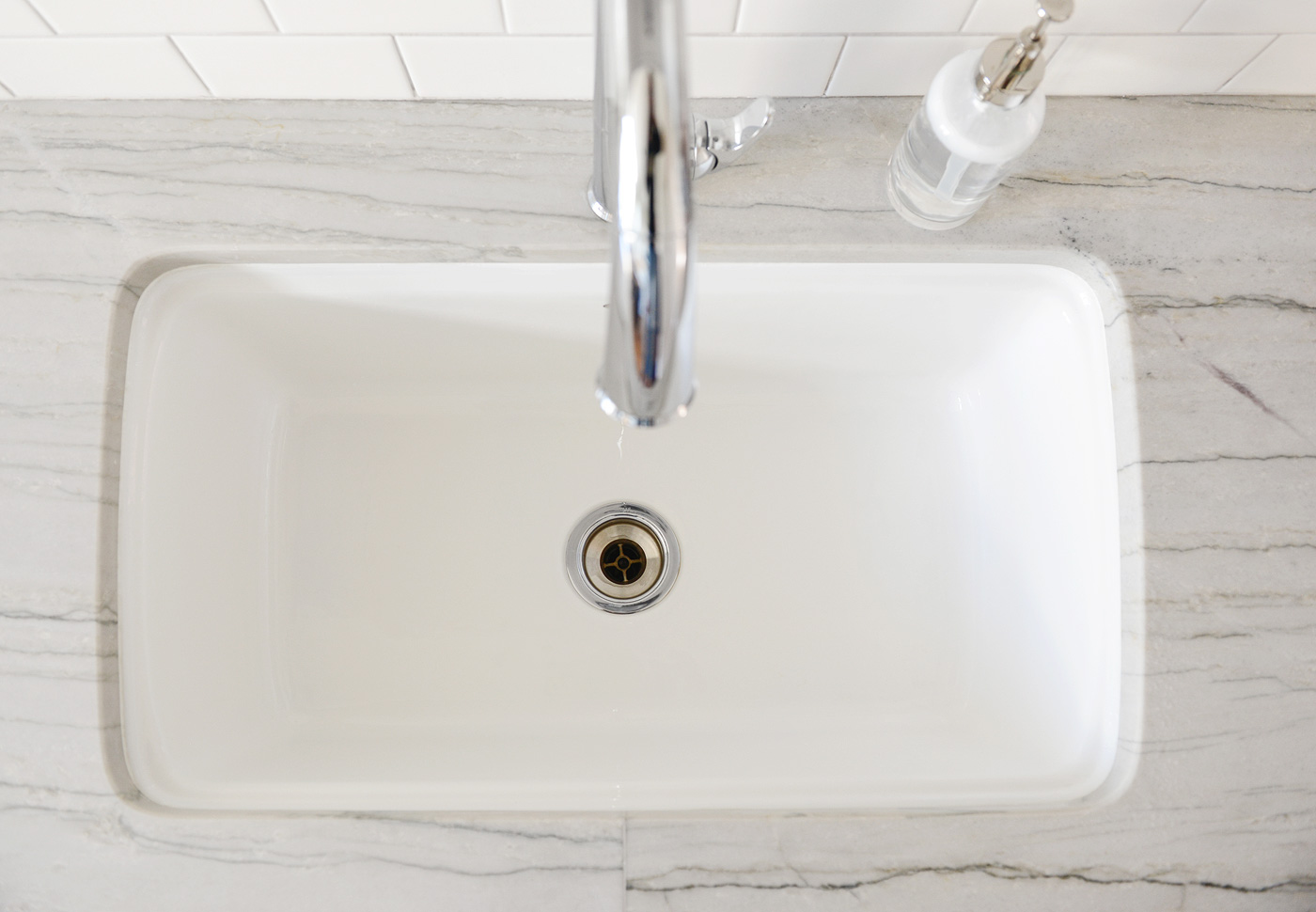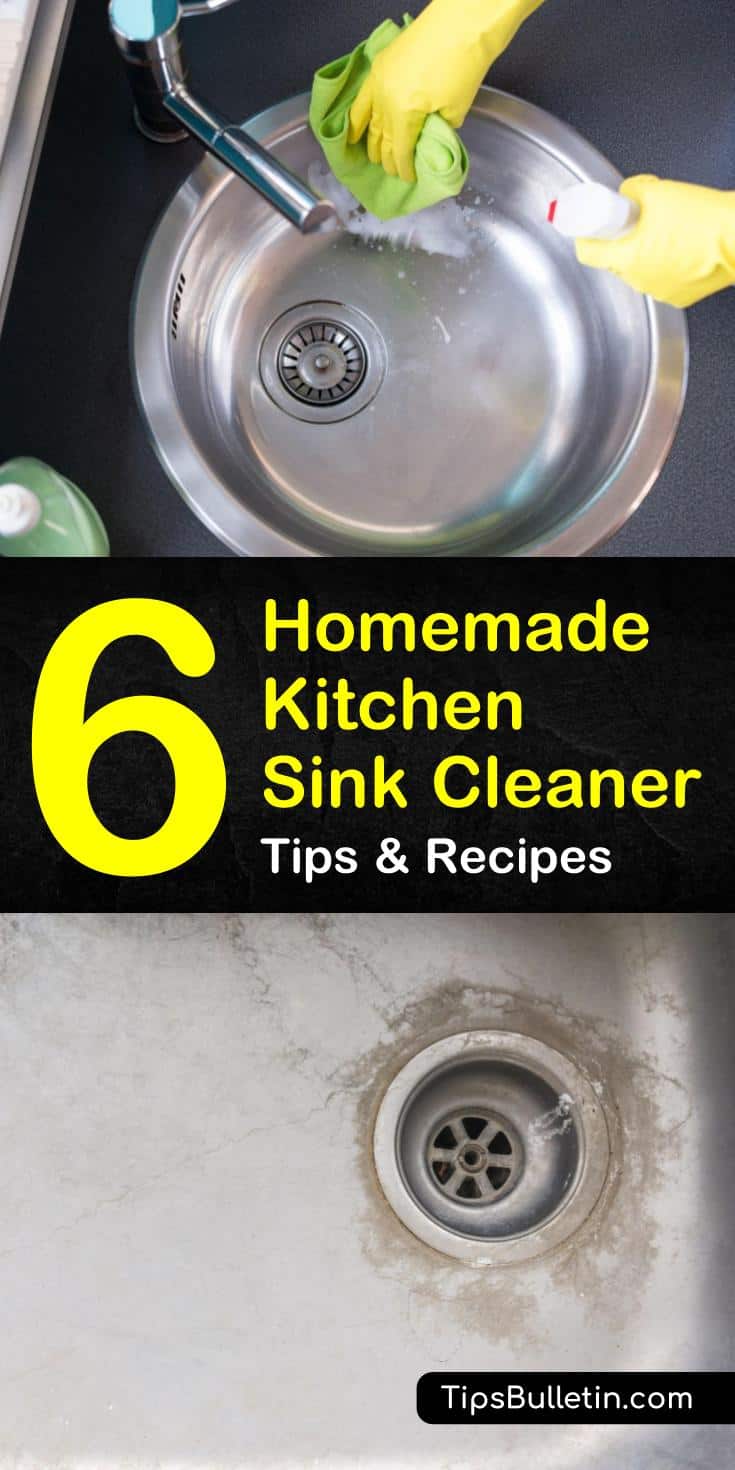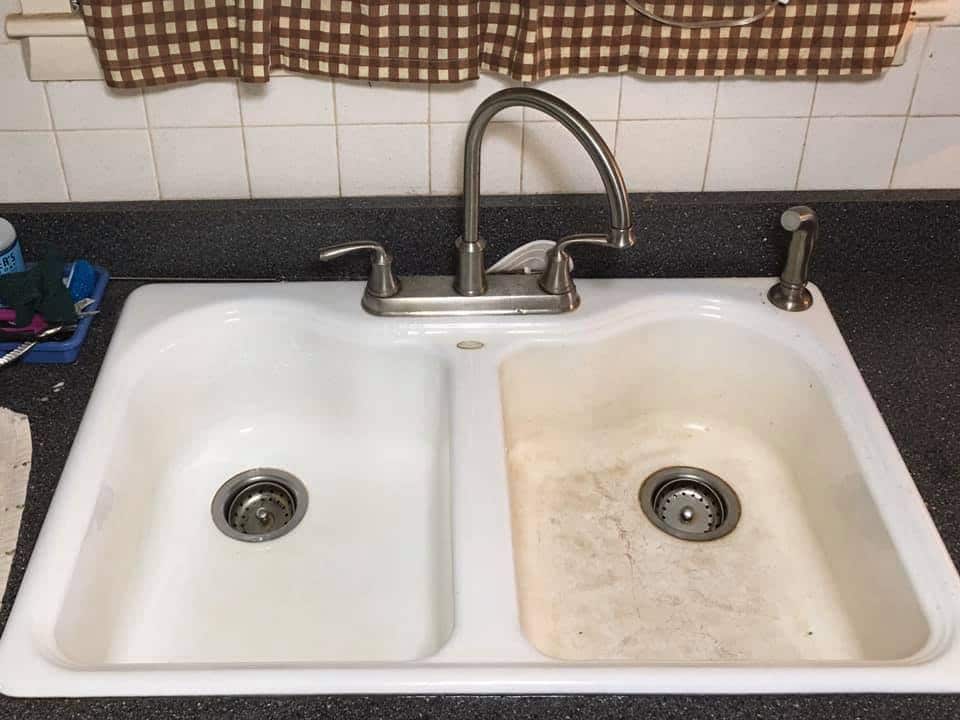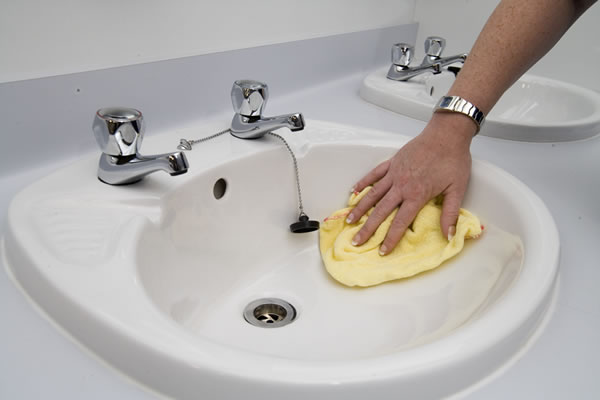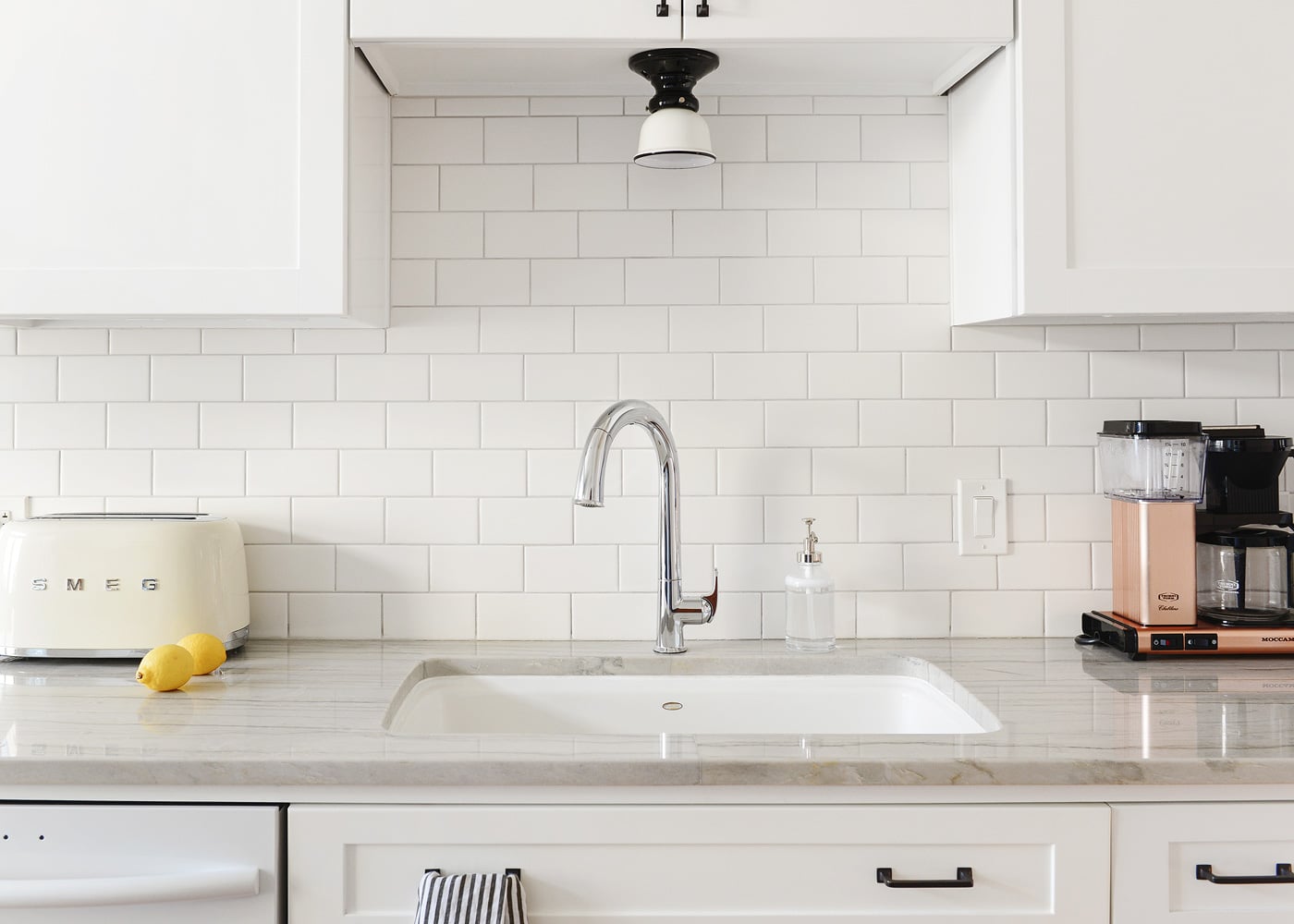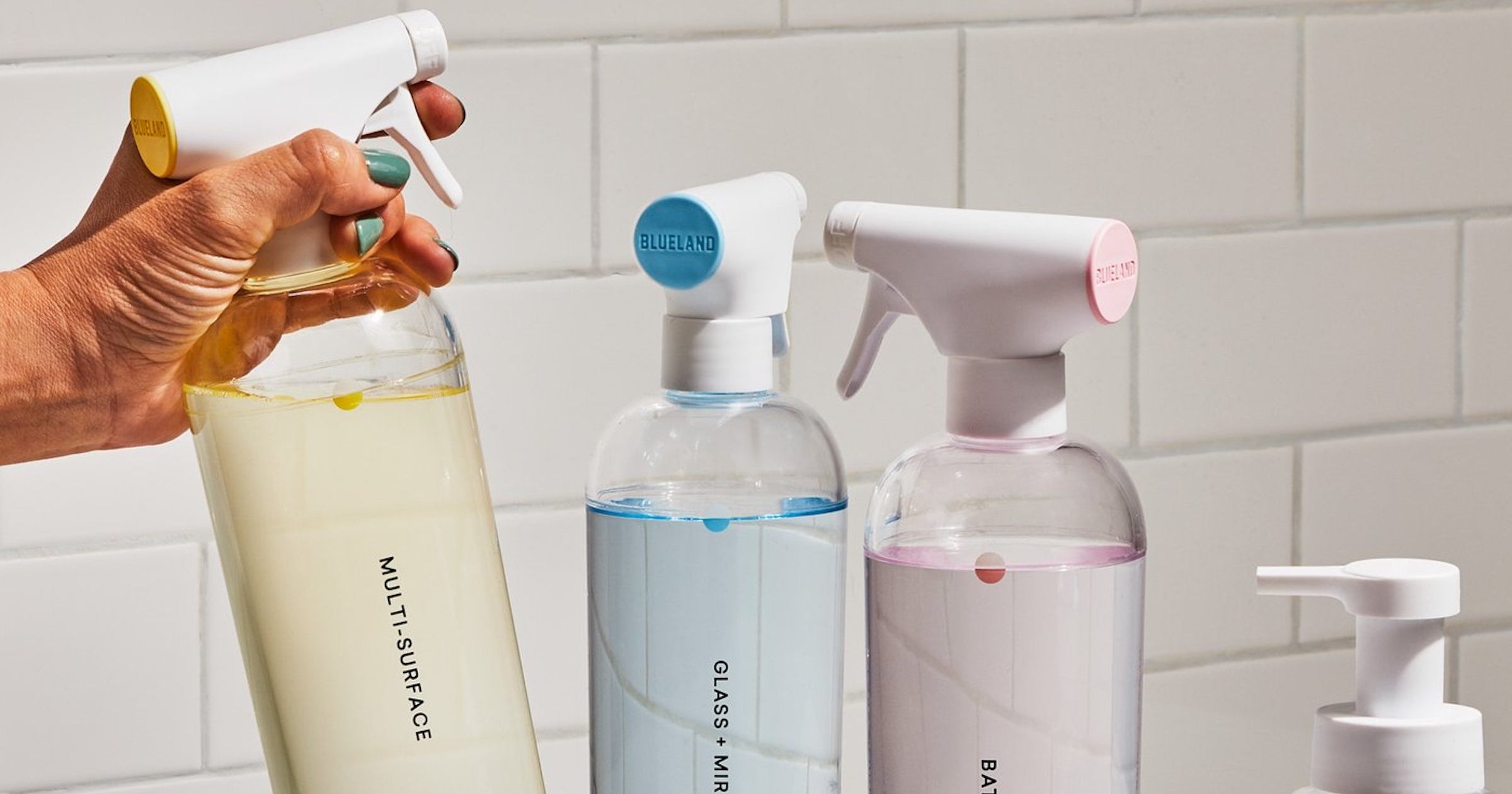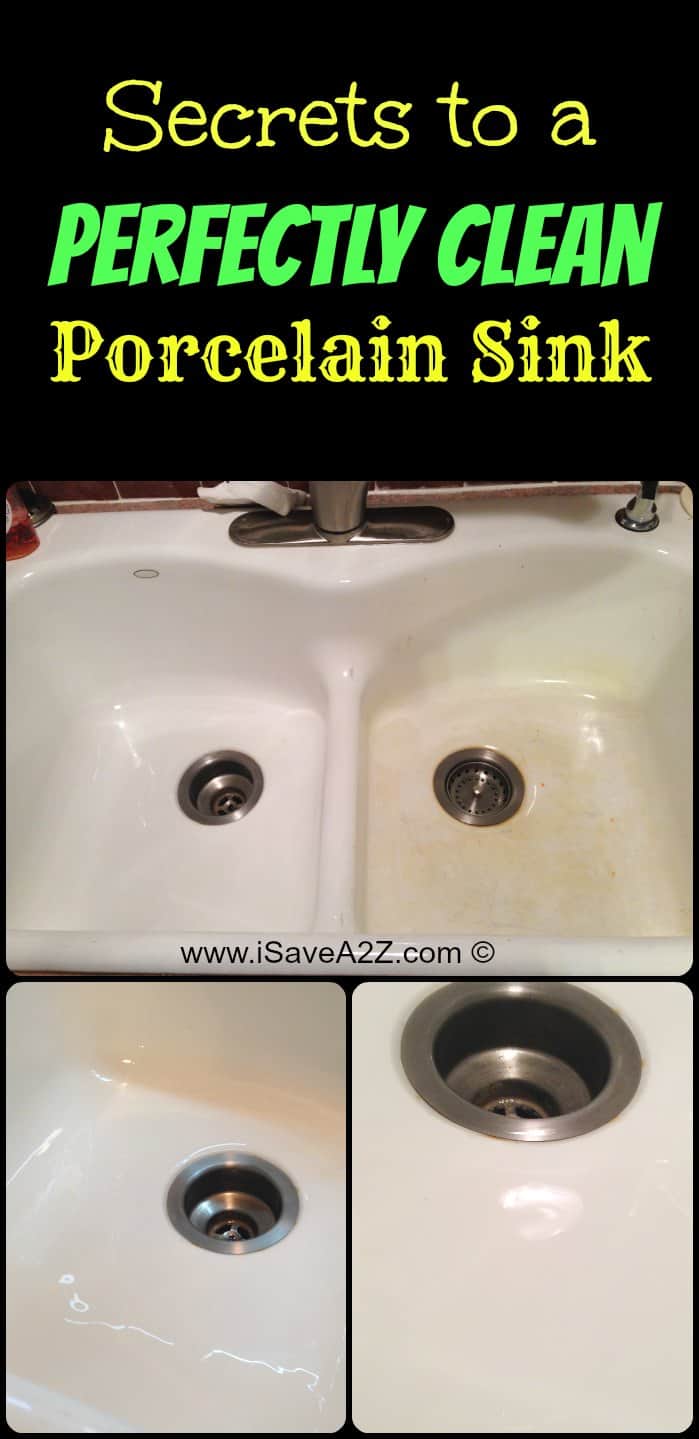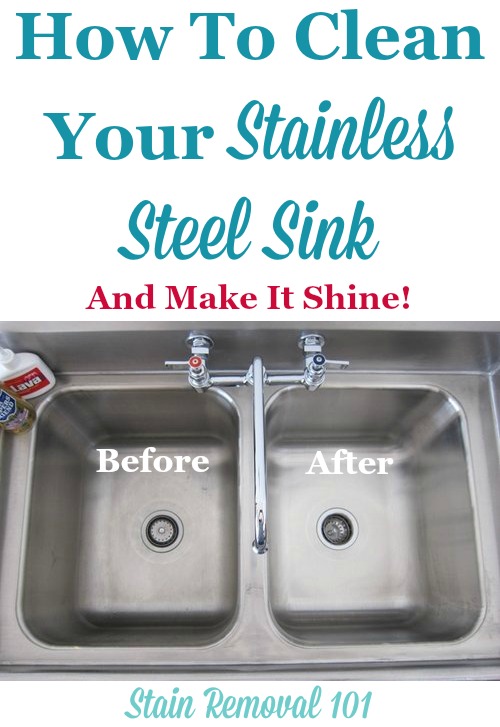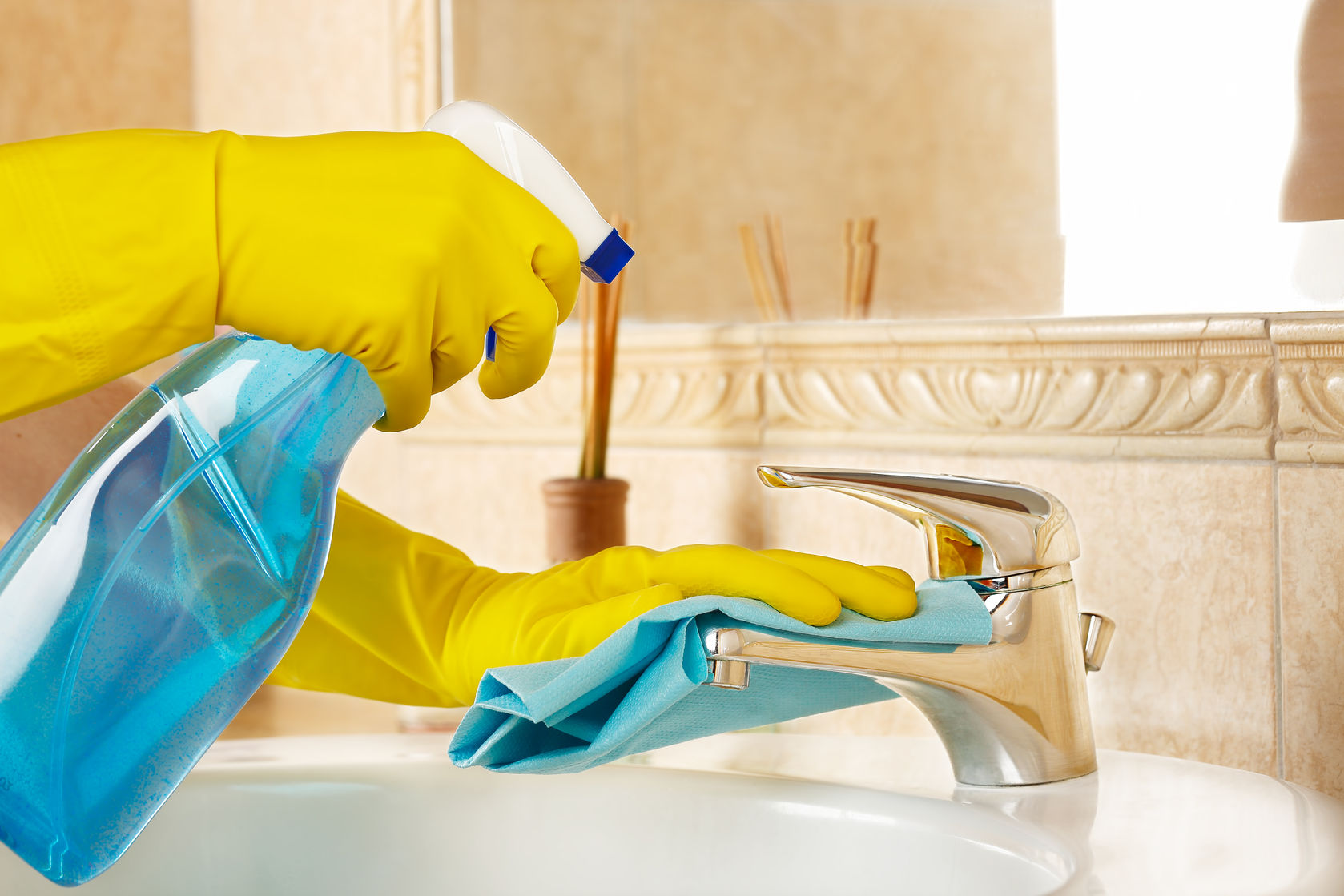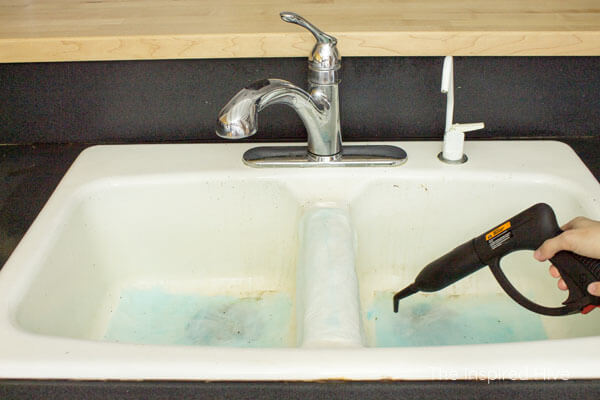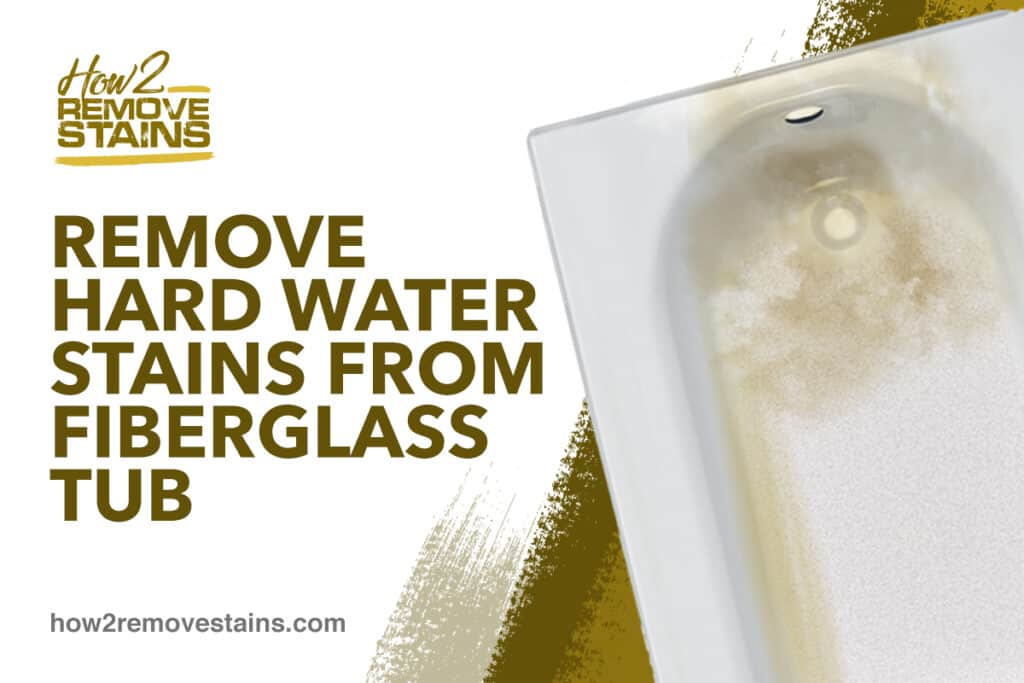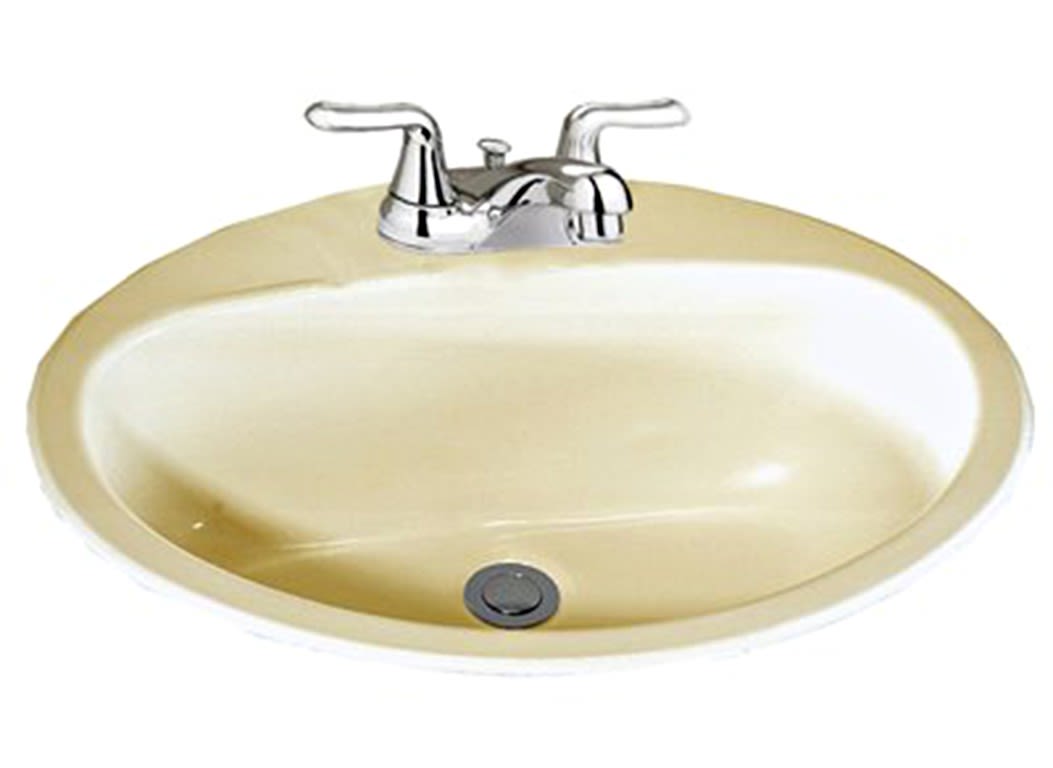How to Clean an Enamel Sink
Cleaning an enamel kitchen sink can seem like a daunting task, but with the right techniques and products, it can be a breeze. Enamel sinks are known for their durability and shine, but they can also be prone to stains and scratches if not properly maintained. In this article, we will discuss the best way to clean an enamel kitchen sink and keep it looking like new.
Best Way to Clean an Enamel Kitchen Sink
The first step in cleaning an enamel sink is to gather your supplies. You will need a soft sponge, dish soap, baking soda, vinegar, and a microfiber cloth. Avoid using harsh chemicals or abrasive cleaners as they can damage the enamel surface.
Start by filling your sink with warm water and adding a few drops of dish soap. Use the soft sponge to gently scrub the sink, paying extra attention to areas with stains or buildup. Rinse the sink thoroughly with clean water and dry with a microfiber cloth.
Enamel Sink Cleaning Tips
To keep your enamel sink looking its best, there are a few additional cleaning tips you can follow. Avoid leaving dirty dishes or pots in the sink for extended periods as this can cause staining. Also, be careful not to drop heavy objects or sharp utensils on the sink, as they can cause scratches.
If your enamel sink has deep scratches or stains that are difficult to remove, you can try using a DIY enamel sink cleaner. Mix equal parts baking soda and vinegar to form a paste and apply it to the affected area. Let it sit for a few minutes before scrubbing with a soft sponge and rinsing with water. This method can help to remove tough stains and restore the shine of your sink.
DIY Enamel Sink Cleaner
If you prefer to use natural cleaning solutions, you can make a DIY enamel sink cleaner using household ingredients. Mix together one cup of white vinegar, one tablespoon of dish soap, and one tablespoon of baking soda. Apply the mixture to your sink and scrub with a soft sponge. Rinse with water and dry with a microfiber cloth.
This natural cleaner is gentle yet effective in removing dirt, stains, and bacteria from your enamel sink. It is also safe to use and environmentally friendly.
Natural Enamel Sink Cleaning Solutions
In addition to the DIY cleaner mentioned above, there are other natural solutions you can use to clean your enamel sink. Lemon juice, for example, can help to remove stubborn stains and leave your sink smelling fresh. Simply cut a lemon in half and use it to scrub the sink, then rinse with water and dry with a cloth.
Baking soda is another versatile natural cleaner that can be used to clean and deodorize your enamel sink. Sprinkle baking soda on the surface of your sink and scrub with a damp sponge. Rinse with water and dry with a cloth for a sparkling clean sink.
Enamel Sink Stain Removal
Stains are a common problem with enamel sinks, but they can be easily removed with the right methods. For coffee or tea stains, mix equal parts water and hydrogen peroxide and apply it to the stain. Let it sit for a few minutes before scrubbing and rinsing with water. For rust stains, use a mixture of lemon juice and salt and scrub with a soft sponge.
If you have hard water stains on your enamel sink, you can use white vinegar to remove them. Soak a cloth in vinegar and place it on the stained area for a few minutes. Then, scrub with a sponge and rinse with water. For tougher stains, you may need to repeat this process or use a commercial hard water stain remover.
Deep Cleaning an Enamel Kitchen Sink
Regular cleaning is essential for maintaining the shine of your enamel sink, but it is also important to give it a deep clean every once in a while. This can help to remove any built-up grime and keep your sink looking like new.
To deep clean your enamel sink, start by filling it with warm water and adding a cup of baking soda. Let it sit for 15-20 minutes before scrubbing with a soft sponge. You can also add a few drops of dish soap for extra cleaning power. Rinse with water and dry with a cloth.
Enamel Sink Maintenance
Taking proper care of your enamel sink is key to keeping it in good condition. Avoid using abrasive cleaners or harsh chemicals as they can cause damage to the enamel surface. Also, be sure to rinse your sink after each use to prevent any buildup or stains.
It is also recommended to apply a coat of enamel sink polish every few months to maintain its shine and protect it from scratches. Simply apply the polish according to the instructions and buff with a soft cloth for a glossy finish.
Removing Hard Water Stains from Enamel Sink
Hard water can leave unsightly stains on your enamel sink, but you can easily remove them with a few simple steps. Start by filling your sink with warm water and adding a generous amount of white vinegar. Let it soak for 30 minutes before scrubbing with a soft sponge. Rinse with water and dry with a cloth.
If the stains are particularly stubborn, you can make a paste with baking soda and vinegar and apply it to the affected area. Let it sit for a few minutes before scrubbing and rinsing with water.
Enamel Sink Polish and Shine
To give your enamel sink a shiny finish, you can use a commercial enamel sink polish or make your own using olive oil and lemon juice. Mix equal parts of both ingredients and apply it to your sink. Let it sit for a few minutes before buffing with a soft cloth to reveal a beautiful shine.
Cleaning an enamel kitchen sink may require some effort, but with the right techniques and products, you can keep it looking like new for years to come. Remember to avoid harsh chemicals, regularly clean and maintain your sink, and use natural solutions whenever possible. With these tips, your enamel sink will continue to be a shining centerpiece in your kitchen.
Why Enamel Kitchen Sink Cleaning is Essential for a Clean and Stylish Kitchen

The Importance of Maintaining a Clean Kitchen Sink
 Enamel kitchen sinks
are a popular choice for many homeowners due to their durability, affordability, and sleek design. However, just like any other surface in your kitchen, they require regular cleaning and maintenance to keep them looking their best. A
clean kitchen sink
not only adds to the overall aesthetic of your kitchen, but it also plays a crucial role in maintaining a hygienic environment for food preparation.
Enamel kitchen sinks
are a popular choice for many homeowners due to their durability, affordability, and sleek design. However, just like any other surface in your kitchen, they require regular cleaning and maintenance to keep them looking their best. A
clean kitchen sink
not only adds to the overall aesthetic of your kitchen, but it also plays a crucial role in maintaining a hygienic environment for food preparation.
The Benefits of Using Enamel Kitchen Sinks
 Enamel kitchen sinks are made of a
porcelain coating
that is fired at a high temperature onto a cast iron or steel base. This process creates a smooth, non-porous surface that is resistant to stains, scratches, and chips. This makes them a popular choice for busy kitchens as they are easy to clean and maintain. The
low-maintenance
aspect of enamel kitchen sinks makes them an ideal choice for those looking for a stylish and functional addition to their kitchen.
Enamel kitchen sinks are made of a
porcelain coating
that is fired at a high temperature onto a cast iron or steel base. This process creates a smooth, non-porous surface that is resistant to stains, scratches, and chips. This makes them a popular choice for busy kitchens as they are easy to clean and maintain. The
low-maintenance
aspect of enamel kitchen sinks makes them an ideal choice for those looking for a stylish and functional addition to their kitchen.
Tips for Cleaning Enamel Kitchen Sinks
 To keep your enamel kitchen sink looking its best, it is recommended to clean it on a regular basis.
Hot water and dish soap
are usually sufficient for day-to-day cleaning. However, for tougher stains and buildup, you may need to use
gentle cleaners
specifically formulated for enamel surfaces. Avoid using harsh chemicals or abrasive sponges as they can damage the enamel coating.
To keep your enamel kitchen sink looking its best, it is recommended to clean it on a regular basis.
Hot water and dish soap
are usually sufficient for day-to-day cleaning. However, for tougher stains and buildup, you may need to use
gentle cleaners
specifically formulated for enamel surfaces. Avoid using harsh chemicals or abrasive sponges as they can damage the enamel coating.
Preventing Damage to Your Enamel Kitchen Sink
 To maintain the
longevity
of your enamel kitchen sink, it is important to take preventive measures to avoid damage. Avoid leaving hot pans or heavy objects in the sink as they can cause cracks or chips in the enamel. Additionally, be careful when handling sharp objects as they can also cause damage to the surface. As a general rule, always use a cutting board when preparing food and avoid placing sharp utensils directly in the sink.
To maintain the
longevity
of your enamel kitchen sink, it is important to take preventive measures to avoid damage. Avoid leaving hot pans or heavy objects in the sink as they can cause cracks or chips in the enamel. Additionally, be careful when handling sharp objects as they can also cause damage to the surface. As a general rule, always use a cutting board when preparing food and avoid placing sharp utensils directly in the sink.
Adding a Touch of Elegance to Your Kitchen
 A
clean and well-maintained enamel kitchen sink
can add a touch of elegance to any kitchen. With its smooth and glossy surface, it can make your kitchen look modern and stylish. Whether you have a traditional or contemporary kitchen design, an enamel kitchen sink can complement any style and add a touch of sophistication.
In conclusion, regular cleaning and maintenance of your enamel kitchen sink is essential for not only keeping it looking its best but also for maintaining a hygienic environment for your food preparation. With the right cleaning techniques and preventive measures, your enamel kitchen sink can be a beautiful and functional addition to your kitchen for years to come.
A
clean and well-maintained enamel kitchen sink
can add a touch of elegance to any kitchen. With its smooth and glossy surface, it can make your kitchen look modern and stylish. Whether you have a traditional or contemporary kitchen design, an enamel kitchen sink can complement any style and add a touch of sophistication.
In conclusion, regular cleaning and maintenance of your enamel kitchen sink is essential for not only keeping it looking its best but also for maintaining a hygienic environment for your food preparation. With the right cleaning techniques and preventive measures, your enamel kitchen sink can be a beautiful and functional addition to your kitchen for years to come.









